Just found out that the evaluation report for the 2023 version of HTW HOME-ESS product has been released. Let me briefly outline the key points. The evaluation report consists of four main parts: analysis of the German residential photovoltaic battery system market, comparison of test results for evaluated products, SPI scores, and analysis of sodium-ion and sodium nickel chloride battery systems.
1 Analysis of the German Residential Photovoltaic Battery System Market
In 2022, Germany saw a total addition of 197,000 sets of HOME-ESS systems, marking a 44% increase from the previous year. As of the end of 2022, the cumulative installations of HOME-ESS systems in Germany reached 526,000 sets, totaling 4.3 gigawatt-hours (GWh). The average usable capacity of the battery systems is 8.4 kilowatt-hours (kWh), with an average battery charge-discharge rate of 0.6C.
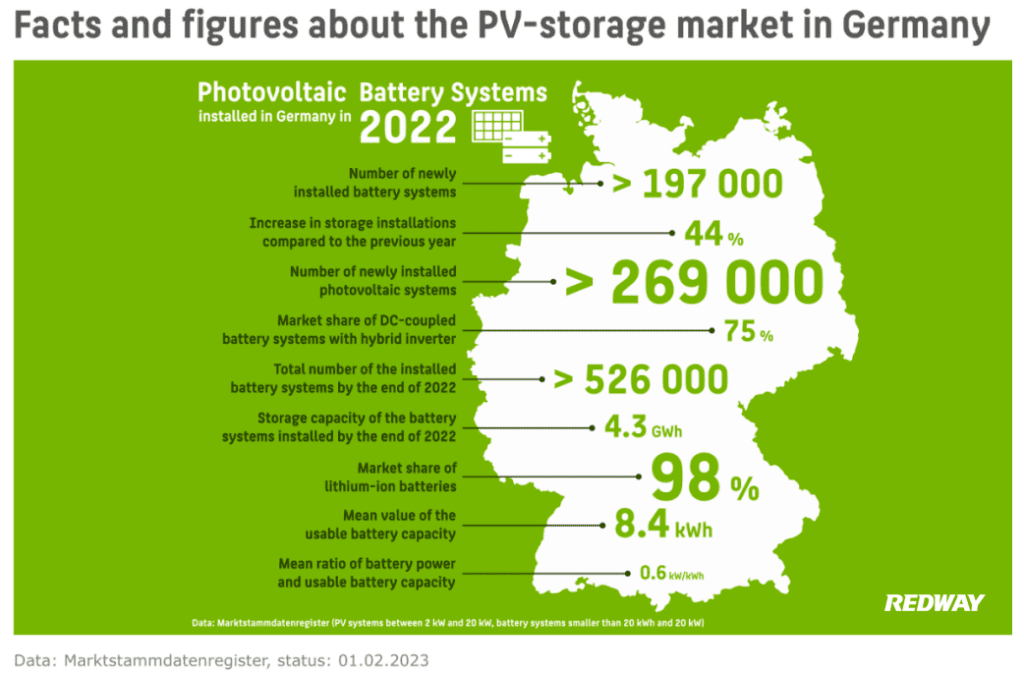
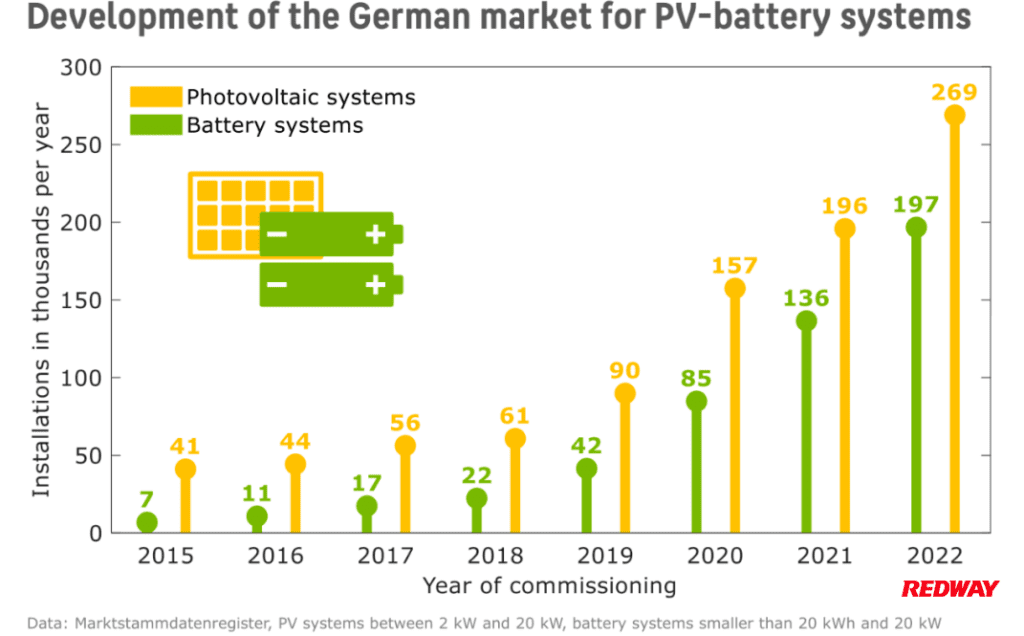
In 2022, among the newly installed HOME-ESS systems, DC-coupled systems utilizing hybrid inverters accounted for 75%.
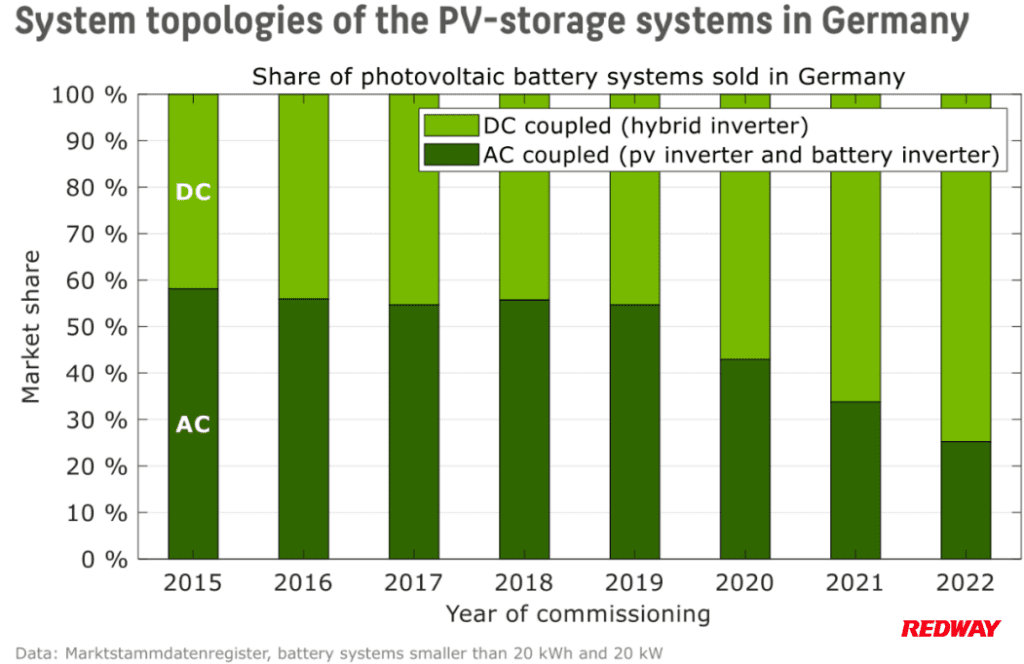
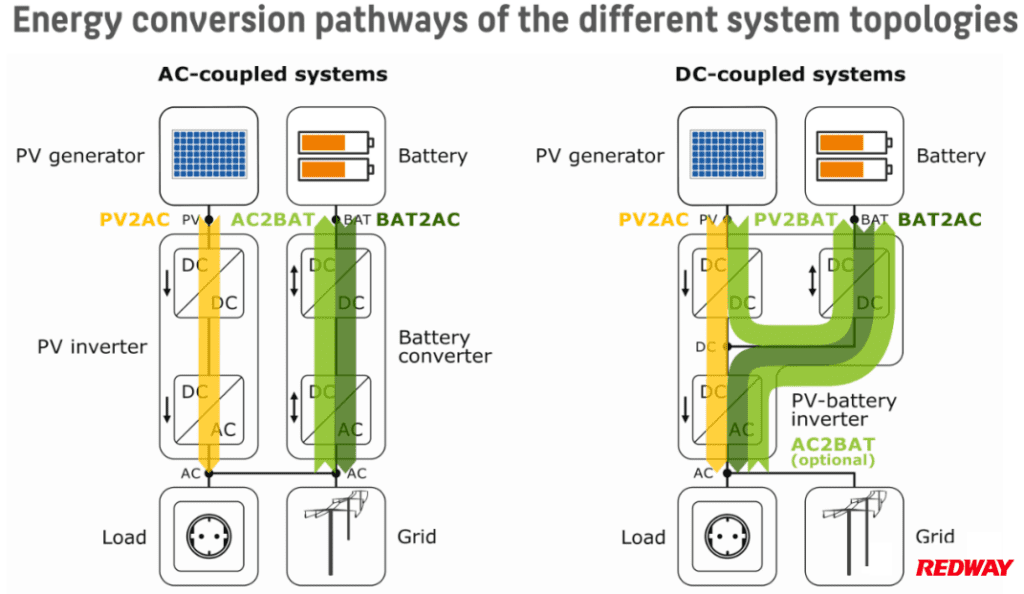
2 Comparative Test Results of Evaluated Products
All evaluated products are represented in an alphanumeric format.



The comparison between the actual measured usable capacity and the promised usable capacity in the specifications shows an average deviation of -0.2 kWh ( -2.2%) for all evaluated products. The most significant capacity deviation is -14.7%, and the brand of the product with this deviation has not been disclosed.

Efficiency testing of the system includes PV→AC, PV→Battery, AC→Battery, and Battery→AC. Among these, the discharge conversion efficiency of the battery can reach a maximum of 97.8%!

The standby power of the system is tested under two conditions: when the battery is fully charged and when it is empty. Generally, the standby power is higher when the battery is empty compared to when it is full. Additionally, except for one product with a notably high 37W standby power for BMS, the standby power for other products is generally below 10W.
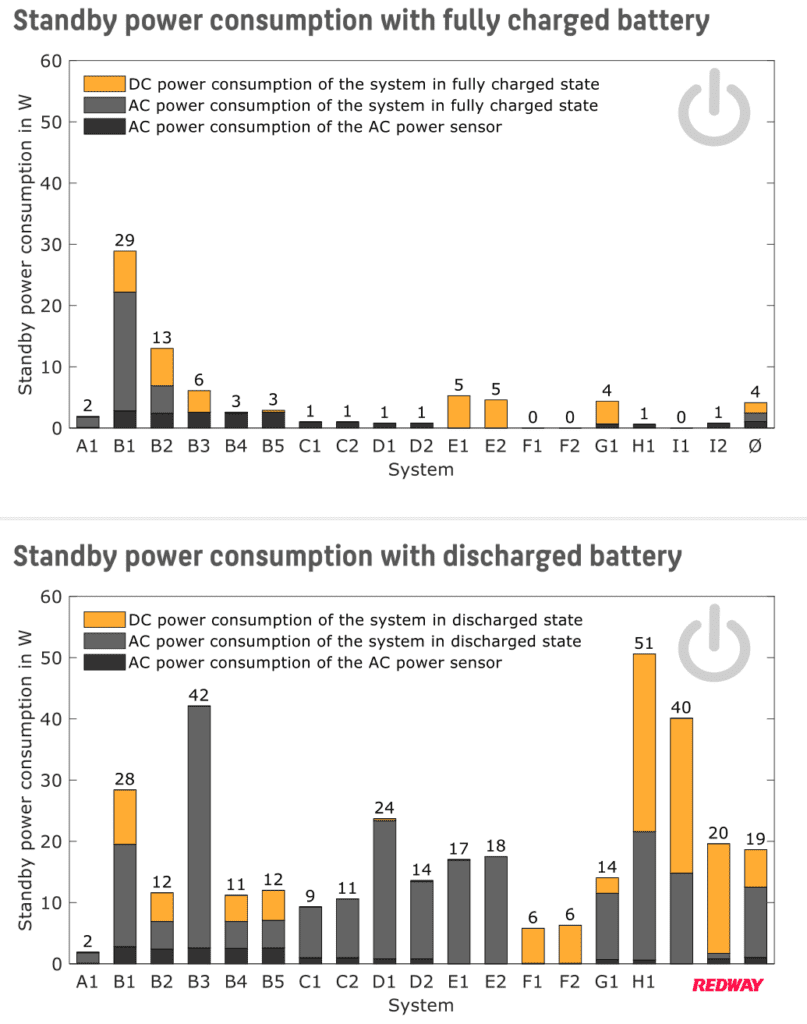
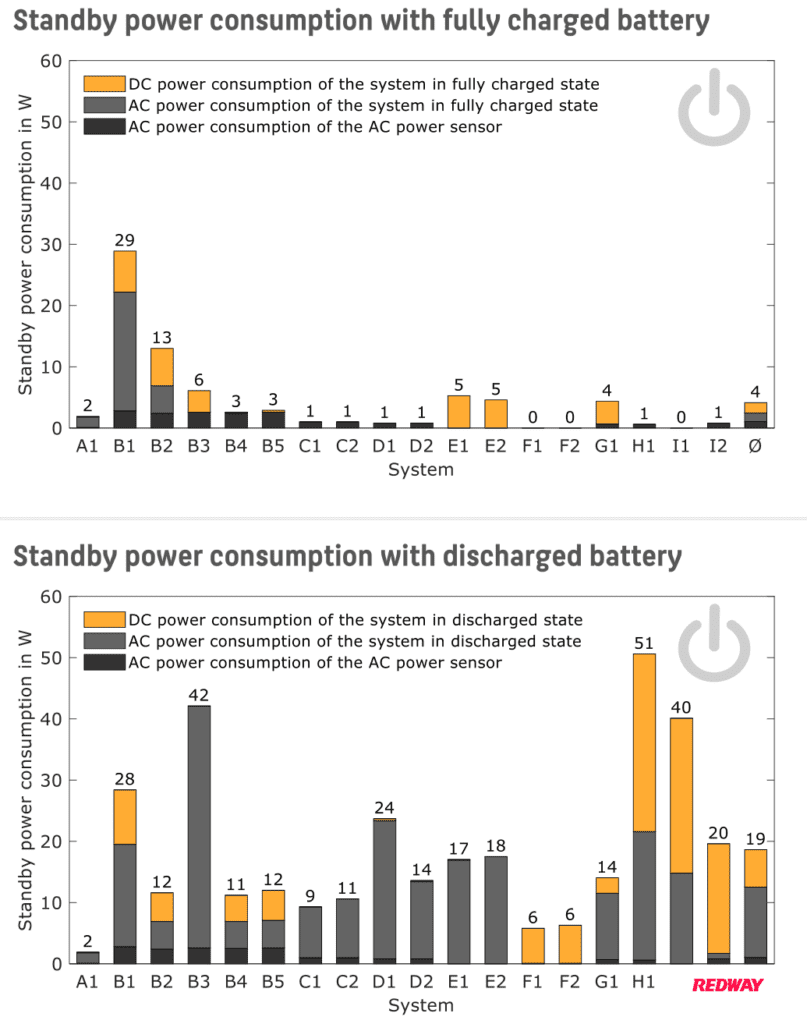
3 SPI Score
SPI scores are divided into two power levels based on inverter power: 5kW and 10kW. The RCT brand ranks first in both the 5kW and 10kW categories. Additionally, the BYD Battery-Box series batteries are consistently ranked in the top three.

4 Analysis of Sodium-ion and Sodium Nickel Chloride Residential Energy Storage Systems
Comparing based on energy density or efficiency, lithium-ion batteries outperform in various technical indicators.
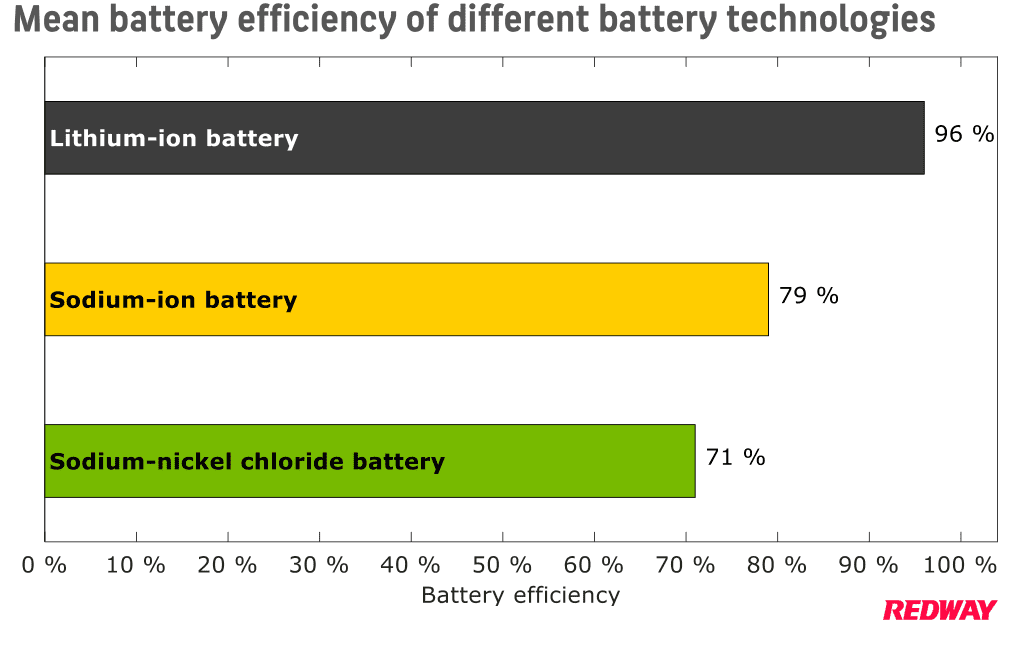
The data provided above is sourced from the evaluation report “Energy Storage Inspection 2023” by the Berlin University of Applied Sciences in Germany.

